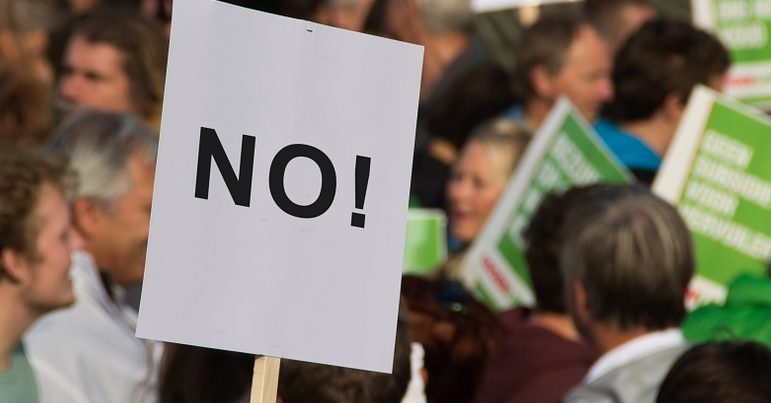Power Beyond Parliament: Resource guide

With the latest election result the Conservatives, with their terrible climate record, could be in power until 2024. That’s four years into the climate decade, time we do not have to prevent runaway climate change. Many are now demanding power beyond Parliament, but what does this mean? Here is a resource guide to help:
Power beyond Parliament – Five Books
- The State and Revolution by Lenin. For many the go-to for understanding how the left should organise in relation to the state, arguing for the ‘dictatorship of the Proletariat’ and against electoral groups.
- Unexceptional Politics by Emily Apter. This book aims to tackle politics outside of traditional institutions by looking at micropolitics. Focusing on forms of obstruction, impasse, and more Apter aims to really tackle the diversity of action movements can take.
- Being Numerous by Natasha Lennard. A collection of essays on anti-fascism and more, this work touches many of the veins of what it means to organise in the 21st Century. It is short, engaging, and powerful.
- No is Not Enough by Naomi Klein. This work aims to articulate a political programme that goes beyond simply blocking and defending, but makes the case for new kinds of possibility and opportunity.
- Riot. Strike. Riot. by Joshua Clover. With a number of riots and strikes across the world over the last decades Clover argues for a return to and increased understanding of their politics and possibility.
Power beyond Parliament – Five Articles
- Where do we go as a climate movement? by the UK Youth Climate Coalition. This is one of the earlier responses to the election result, summing up concisely how many young people feel about our current crisis.
- While the Iron is Hot by Dayna Tortorici. This article discusses the Women’s strike and the history of striking as a gender dynamic. For those concerned about the gender impact of a Tory government this is a good read.
- Why to strike by the UK Student Climate Network. For those of you short on time, here are the ten reasons the UKSCN argues you should join a climate strike, and the importance of their movement.
- Building up the bundle of sticks by Tom Hunt. Part of a longer series on openDemocracy on how to approach union organising in our current epoch. For those interested in building collective worker power, this should be read.
- Ten reasons why unions are important by War on Want. This short article from 2018 aims to make the case for why unions in workplaces are a positive force.
Power beyond Parliament – Five Videos
- General Strike Number 1 (1926) by British Pathé. This is a collection of historic footage from the 1926 General Strike here in the UK. With both organisers and breakers making an appearance.
- How the climate strike travelled around the world by the Guardian. This is recent footage interviewing climate strikers from around the world, and showing just how pervasive this movement has become.
- Jane McAlevey on Deep Organizing by Jacobin. The veteran activist Jane McAlevey explains how to approach union organizing and effecting substantial change through collective action.
- France grinds o halt in the biggest strike ever by the Guardian. The recent strike in France has been one of its largest history. This piece reports on its effects and participants.
- PowerTrip: Fracking in the UK by Under Currents. This one hour documentary discusses the controversy over fracking in Lancashire, at Preston New Road. It shows the important role direct action had in preventing the development of the site.
PS. We hope you enjoyed this article. Bright Green has got big plans for the future to publish many more articles like this. You can help make that happen. Please donate to Bright Green now.




Leave a Reply